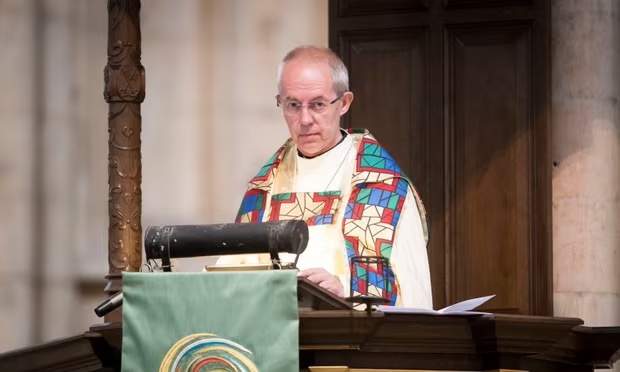— Ukrainian Greek Catholic Church gathers in Eternal City, one month before Pope Francis’ Synod on Synodality.
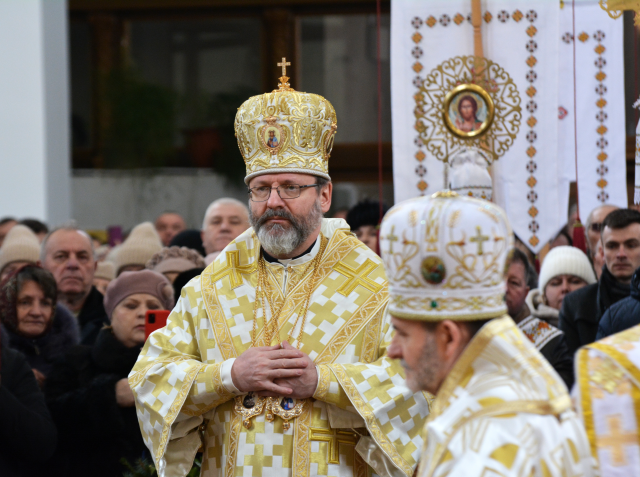
By John Burger
In a little over a month, hundreds of Catholics from around the world will descend on Rome for a long-planned and much-hyped gathering loosely referred to as the Synod on Synodality. Bishops, priests, lay Catholics and non-Catholic guests will meet with Pope Francis for much of the month of October to discuss the future of the Church.
But a smaller gathering in the Eternal City, also bearing the name Synod, will take place starting this Sunday, September 3. It will culminate a week later with a planned Hierarchical Divine Liturgy in St. Peter’s Basilica, possibly in the presence of Pope Francis.
This gathering is an annual meeting of the Synod of Bishops of the Ukrainian Greek Catholic Church, the largest of the 23 Eastern Catholic Churches in communion with Rome. His Beatitude Sviatoslav Shevchuk, head and father of the Ukrainian Greek Catholic Church, announced in May that the Synod this year will meet in Rome, with the central theme being “Pastoral Support for Victims of War.”
While it’s tempting to invoke Charles Dickens and quip that Rome will see a “Tale of Two Synods,” there are significant differences between Eastern and Western understandings of synodality. Pope St. Paul VI established the Synod of Bishops in 1965, and it has met every few years to deliberate on specific topics. Its recommendations at the end of that process often usually result in a papal document, setting direction for the Church to follow.
In 2020, Pope Francis called upon the Synod of Bishops to take up the topic “For a synodal Church: communion, participation and mission.” As it looks to the first of two international assemblies – this October and next – it has conducted a broad consultation with the laity. In 2021, the Pope appointed French Xavierian Sr. Nathalie Becquart an under-secretary of the Synod of Bishops, making her the first woman to have the right to vote in the Synod of Bishops. Several lay people also have been invited to participate, with voting rights extended to them.
Francis has often said that the word “synodality” comes from the Greek, meaning “walking together.” The Synod of Bishops website says that the “Synod on Synodality” wants to provide “an opportunity for the entire People of God to discern together how to move forward on the path towards being a more synodal Church in the long-term.”
Self-governing Churches
But the Latin Catholic Church is still governed by the Pope alone. Eastern Catholic Churches, on the other hand, are governed by their synods of bishops.
“The Eastern Churches have a tradition of collegial leadership called the Synod, which is a gathering of all the bishops of the Church,” explains the Ukrainian Church on its website. “The Synod, headed by the Patriarch (or Major Archbishop), is the highest level of Church leadership. Currently, 43 bishops participate in the Synod of Bishops of the UGCC, not including retired bishops. The meeting of the Synod of Bishops of the UGCC takes place annually.”
Fr. Mark Morozowich, a Ukrainian Catholic priest who served until recently as the Dean of the School of Theology and Religious Studies at The Catholic University of America, is now the Bishop Basil H. Losten Chair of Ukrainian Catholic Studies there. He said in an interview that when the Synod of Bishops meets, they reflect on theological and canonical issues, as well as the future of the Church, “what direction, sort of setting the big vision for the Church.”
They also elect bishops for the Church.
Wartime synod
The fact that they are meeting in Rome this year has to do both with the Synod’s practice as an international body and the current reality in Ukraine.
“The bishops have been seeking to go to different places,” Fr. Morozowich said. “They’ve met before in Rome; they’ve met in Washington, DC; they’ve met even in Brazil. Part of the expression of the Ukrainian Catholic Church is to see itself as a Church that’s taking care of its people in the world no matter where they may have gone.”
Due to emigration over the years, the Church has become established throughout Europe, North and South America, and Oceania. Fr. Morozowich said that because Ukrainian bishops want to “understand more clearly the situation of the churches in these areas,” they sometimes hold their synodal gatherings outside the “canonical territory” of Ukraine.
Disruptions began in 2020, however, when the Synod had to meet online, due to the restrictions of the COVID-19 pandemic. And last year, because of the Russian invasion of Ukraine, the Synod met just over the border, in Poland.
And, of course, the war is much on the minds of His Beatitude Sviatoslav and all the bishops of the Ukrainian Church.
“This is an opportunity for the bishops to express to the pope their concern and the need certainly for his unfailing support,” Fr. Morozowich said. “His words sometimes have been difficult for people in Ukraine to understand where he’s coming from.”
Francis’ remarks in late August, in which he seemed to be speaking positively about Russian imperialism, “have blown up all over Ukraine,” Fr. Morozowich said. “It’s hard for people who are being bombed routinely” to hear.
The Synod of Bishops plans to discuss that issue with Pope Francis. In a statement August 29 asking the faithful for prayers for the Synod of Bishops meeting, His Beatitude Sviatoslav commented, “For some reason, it turned out during the war that the Pope does not understand Ukraine, and Ukraine does not understand the Pope. We can say the same thing about Russia. The Pope does not understand Russia, neither its history nor its current crimes. And we are the ones who have to be the voice of truth for the Ukrainian people, even before the Holy Father in Rome. And the truth is that many people, even religious leaders, sometimes feel more comfortable in Russian propaganda’s sugar-coated lies than facing the cruel but Ukrainian truth.”
It is the task of the Synod of Bishops, he added, “not only to fight for our freedom on the battlefield against the Russian aggressor but also to defend the truth on the information front.”
Eastern model?
His Beatitude Sviatoslav also will be participating in the October assembly of the Synod on Synodality. While he will come to it with a very different idea of what synodality means, the Ukrainian Catholic Church, as well as other Eastern Churches, are not unfamiliar with the kind of broad consultation process the Latin Church has recently been undertaking.
“There is a process that the Ukrainian Catholic Church has called a ‘sobor,’ which is this gathering of different lay people of different professions, different priests, and in different places to talk about issues facing the Church and to look at these bigger issues,” said Fr. Morozowich. “So I think certainly as we strive together as a community of believers that the experience of the Eastern Churches and specifically the Eastern Catholic Churches can help to see both the strengths and the weaknesses, because these are all in a sense human endeavors.”
Said Fr. Morozowich, “One of things that Francis has been very clear about is that he wants the Church to be seen as a field hospital, as a place where people can come and feel the mercy of God and be healed, and I believe part of this synodal process is to allow those words to come forward so the pastors can hear more clearly the concerns of the faithful and can respond and find new ways of being alive, new ways of allowing this field hospital to function.”
Complete Article ↪HERE↩!

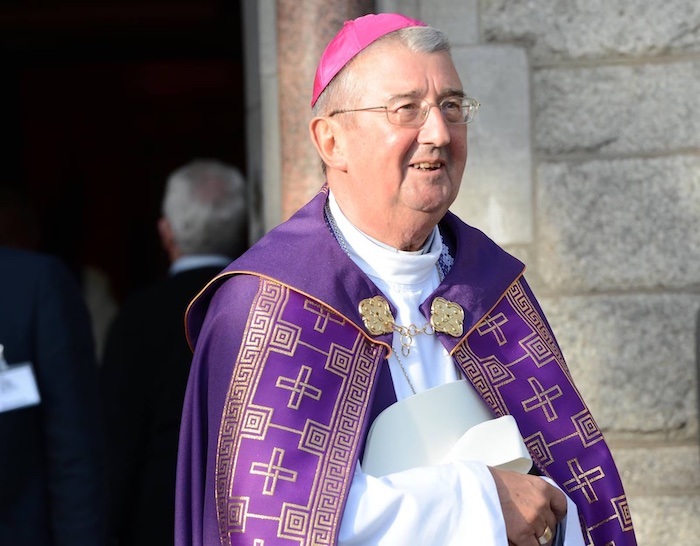
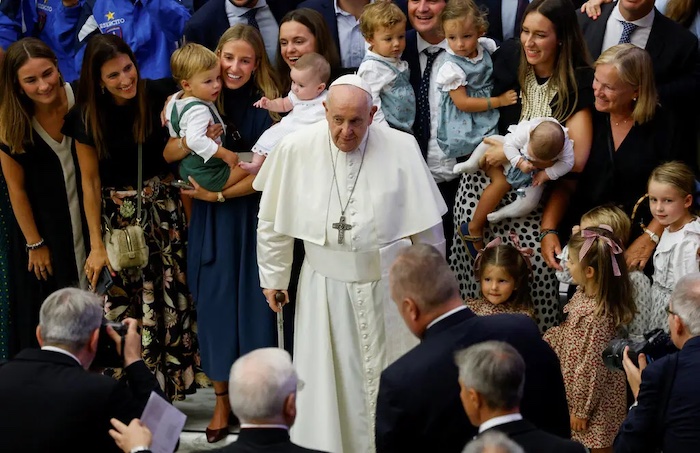


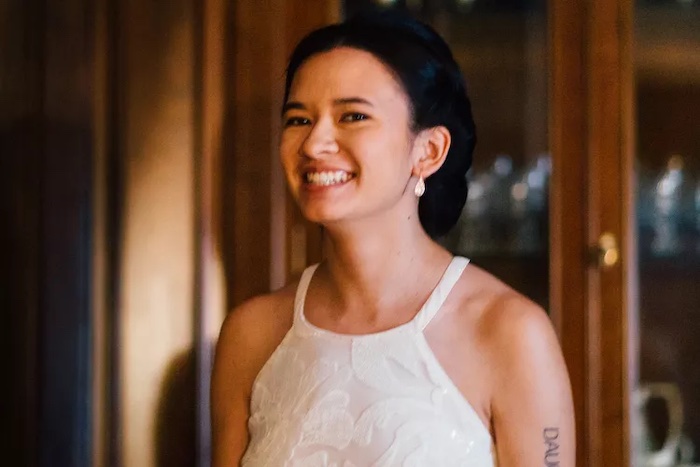
:max_bytes(150000):strip_icc():focal(723x147:725x149):format(webp)/simon-kent-fung-083123-1e444f4a791642a79132c2840cbec81c.jpg)
:max_bytes(150000):strip_icc():focal(424x0:426x2):format(webp)/Alana-Chen-3-082923-c06d04caca04401e96136bafbe9b4239.jpg)
:max_bytes(150000):strip_icc():focal(532x0:534x2):format(webp)/Alana-Chen-1-082923-b703f217c1f345c2b98eb1e82d366dd8.jpg)
:max_bytes(150000):strip_icc():focal(749x0:751x2):format(webp)/Joyce-Calvo-082923-12031cd566fa439e97ffa88efc5e3cf7.jpg)
